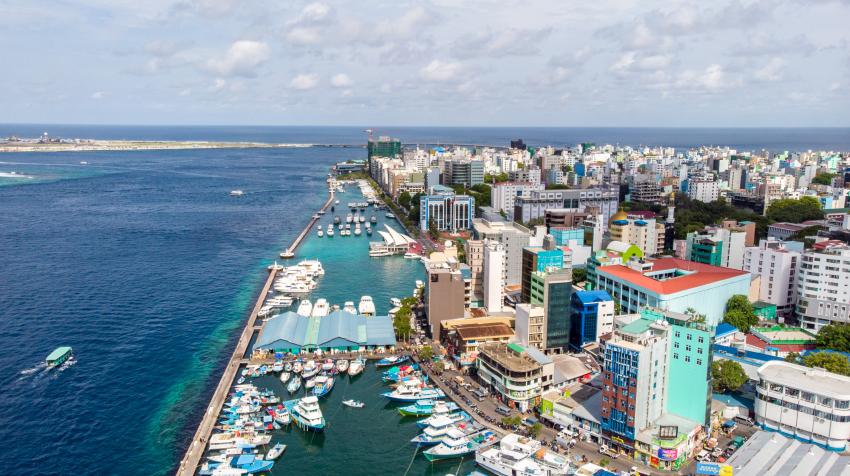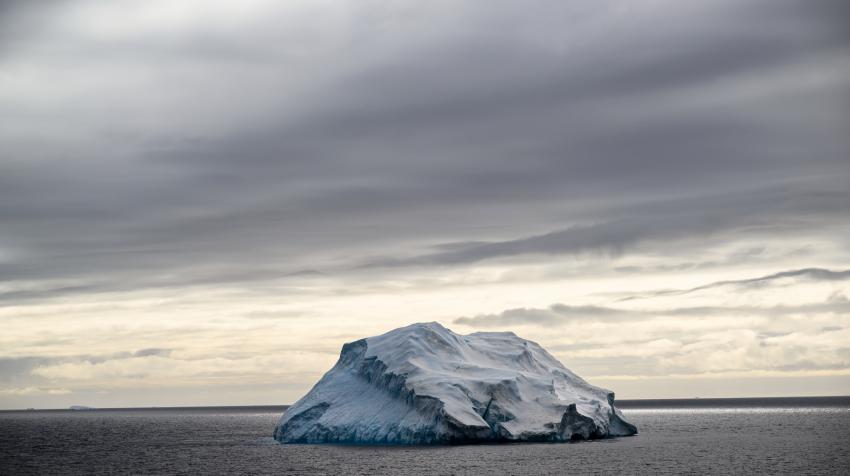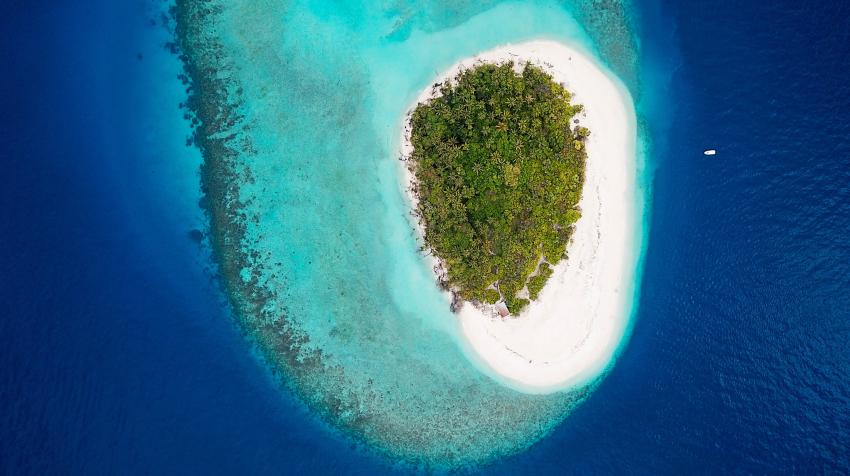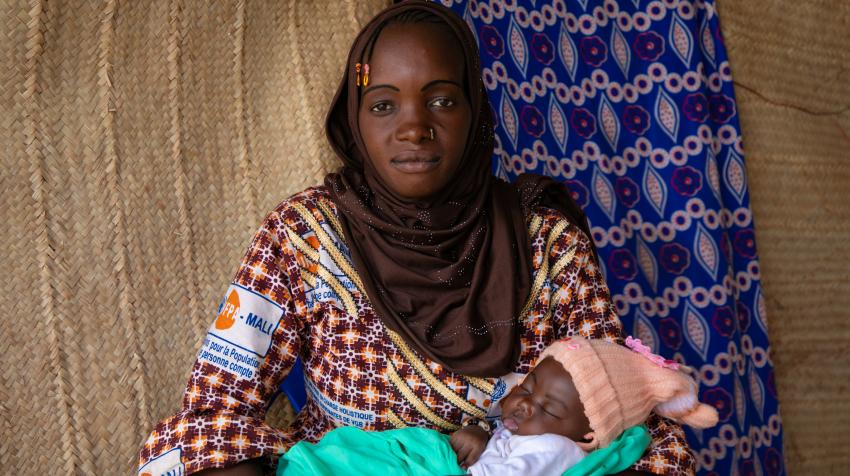31 January 2024
In its Sixth Assessment Report, the Intergovernmental Panel on Climate Change (IPCC) determined with high confidence that the global mean sea level has risen faster since 1900 than over any preceding century in at least the last 3,000 years. The IPCC also found that it is very likely to virtually certain that regional mean relative sea-level rise will continue throughout the twenty-first century. In the longer term, sea level is expected to remain elevated for thousands of years, and then continue to rise for centuries to millennia owing to continuing deep ocean warming and ice-sheet melt.
Approximately 680 million people live in low-lying coastal zones and this number could reach more than 1 billion by 2050. Small Island Developing States are home to around 65 million people. Some island nations are likely to become uninhabitable, as their land surfaces become partially or totally covered by the sea as a result of climate-related changes to the ocean and cryosphere. According to the Internal Monitoring Displacement Centre, weather-related disasters caused the internal displacement of 23.9 million people in 2019 alone. Other studies estimate that 146 million people will be at risk of having to evacuate their homes over the next century because of the adverse effects of climate change, including sea-level rise.
The hazards related to sea-level rise, such as land erosion, flooding and freshwater salinization, have implications for water access, food security and health. They also affect livelihoods, including those in the tourism and fisheries sectors. Compounding the problem is that the people with the highest degrees of exposure and vulnerability are often those with the lowest capacity to respond, particularly in low-lying island and coastal regions.
The impacts of sea-level rise linked to climate change raise important questions of international law. However, as this is an unprecedented crisis, there are significant gaps in the international legal framework concerning the consequences of sea-level rise, including questions related to the law of the sea, protection of persons and statehood. Sea-level rise, as a direct, negative effect of climate change, also raises important issues of equity, as those nations and communities most vulnerable to the adverse consequences of sea-level rise are also those who have contributed the least to creating this crisis.
It is not surprising that small island developing States have been proactive in calling the attention of the international community towards the serious risks they face from sea-level rise. Attempts to handle the issue date back to November 1989, when a group of 14 small States in the Caribbean, South Pacific, Mediterranean and Indian Ocean regions adopted the Malé Declaration on Global Warming and Sea Level Rise. More recently, the Pacific Islands Forum adopted two important declarations: the 2021 Declaration on Preserving Maritime Zones in the Face of Climate Change-Related Sea-Level Rise and the 2023 Declaration on the Continuity of Statehood and the Protection of Persons in the Face of Climate Change-Related Sea-Level Rise. In September 2021, the Alliance of Small Island States adopted the Declaration of their Heads of State and Government. However, these declarations alone are not enough to address the very real threat many States are facing in relation to protecting their statehood as well as the livelihood, culture and heritage of their peoples. The United Nations, representing all States, holds a unique place and responsibility to address these critical issues.

In 2018, the International Law Commission (ILC), a subsidiary body of the United Nations General Assembly with the mandate for the progressive development of international law and its codification, decided to place the topic of sea-level rise in relation to international law in its long-term programme of work. Notably, ILC had also received a formal request from the Federated States of Micronesia for the Commission to take on the topic. In 2019, ILC placed the matter on its active agenda, established a dedicated Study Group and appointed five Co-Chairs to lead the work on three core topics: law of the sea, statehood and protection of persons.
Since 2019, the Co-Chairs have produced three reports, in 2020, 2022 and 2023, with the fourth due to be published in 2024, and the Study Group met in 2021, 2022 and 2023 and is expected to conclude its work in 2025. Increasingly, the Member States of the Sixth (Legal) Committee of the General Assembly have responded, expressing their support in statements and written submissions to the Commission. Many States have stressed the importance of stability, legal certainty and predictability, especially in relation to possible legal consequences of sea-level rise on the baselines and maritime zones.
There are positive developments. For example, a consensus is emerging in favour of allowing States to preserve lawfully established maritime zones without the obligation for any changes due to sea-level rise related to climate change. This provision is based on the interpretation of the United Nations Convention on the Law of the Sea that there is no obligation under the treaty to keep baselines and outer limits of maritime zones under review, and that such maritime zones and the rights and entitlements that flow from them shall continue to apply without reduction, notwithstanding any physical changes prompted by sea-level rise. In other words, there is support for “freezing” the baselines and outer limits of maritime zones.

There is a similar trend in relation to acceptance of the principle of the continuity of statehood regardless of the impact of sea-level rise on land territory, and the importance of international cooperation with respect to possible measures to deal with the effects or the consequences of the phenomenon. Indeed, there is a strong presumption of the continuity of statehood, even if the territory—a component of statehood—is fully underwater because of sea-level rise. However, as observed in the ILC Second Issues Paper, important gaps remain: there is no legally binding instrument for the protection of persons at risk of being displaced due to climate change or for the protection of their human rights.
On 14 February 2023, a Co-Chair of the ILC Study Group briefed the United Nations Security Council, under the presidency of Malta, when it convened for a debate on sea-level rise. Then, on 3 November 2023, the President of the General Assembly convened, for the first time, an informal plenary meeting on the existential threats of sea-level rise amid the climate crisis, at which two Co-Chairs of the ILC Study Group provided input as experts. Both meetings revealed strong support from Member States for the preservation of maritime zones and entitlements against sea-level rise related to climate change, the continuity of statehood and of membership in the United Nations and other international organizations or fora, as well as for the protection of the livelihoods, culture and heritage of the affected persons. More recently, the General Assembly decided to hold a high-level plenary meeting on 25 September 2024 to address the existential threats posed by sea-level rise.
These significant developments, however, need to be strengthened. For example, there needs to be a collective understanding among Member States in recognition that States can preserve their baselines and, thus, their lawfully established maritime zones in case of sea-level rise; and similarly, for the strong presumption in favour of the continuity of statehood in case of submerged territory and of membership in the United Nations and other international organizations or fora. Moreover, a clearer legal framework that specifically provides for the protection of persons at risk of being displaced due to climate change as well as the protection of their human rights is also essential.
The UN Chronicle is not an official record. It is privileged to host senior United Nations officials as well as distinguished contributors from outside the United Nations system whose views are not necessarily those of the United Nations. Similarly, the boundaries and names shown, and the designations used, in maps or articles do not necessarily imply endorsement or acceptance by the United Nations.




